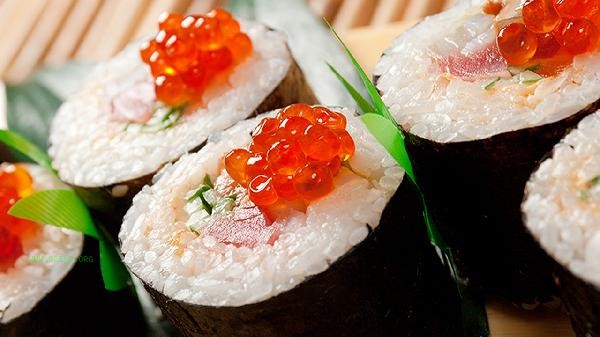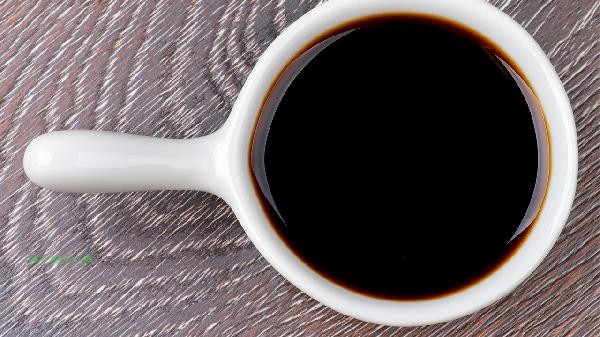Reducing purines in food can be achieved by selecting low purine ingredients, adjusting cooking methods, controlling the intake of high purine foods, combining diets reasonably, and increasing water intake. Abnormal purine metabolism may lead to diseases such as gout, and dietary management should be combined to improve health status.

1. Choose low purine ingredients
Priority should be given to ingredients with purine content below 50 milligrams per 100 grams, such as eggs, milk, most vegetables, fruits, and refined grains. Low purine vegetables include cucumbers, carrots, cabbage, etc., and fruits can be selected from non high sugar varieties such as apples and pears. Skimmed milk and low-fat yogurt in dairy products can provide high-quality protein and are almost free of purines, making them suitable as daily sources of protein.
2. Adjust cooking methods
Using cooking methods such as boiling and steaming can dissolve some purines in meat in the soup. It is recommended to discard the meat broth. Blanching seafood ingredients in boiling water before cooking can reduce purine content. Avoid using animal fat for high-temperature frying and switch to vegetable oil for low-temperature quick frying, which can retain nutrients and reduce the risk of purine oxidation.
3. Control high purine foods
Limit daily intake of animal organs to no more than 50 grams, and control red meat intake within 100 grams. Choose low purine seafood such as sea cucumber and jellyfish, no more than 3 times a week. Dried beans need to be soaked for 12 hours in advance and boiled with different water. Mushrooms should be treated with multiple rinses.

4. Reasonably match diet
High purine foods with alkaline ingredients such as green leafy vegetables can neutralize uric acid. Avoid consuming multiple high purine foods at the same meal, and avoid consuming meat and soy products at the same time. Increasing the proportion of whole grains to one-third of staple foods, which are rich in B vitamins, helps with purine metabolism.
5. Increase water intake
Drinking more than 2000 milliliters of water per day can promote uric acid excretion, mainly plain water and light tea water. Avoid sugary drinks and alcohol, especially beer which contains a large amount of guanosine that can increase uric acid levels. It is advisable to replenish water promptly after exercise and maintain a light yellow color in urine.

Long term adherence to a low purine diet requires attention to nutritional balance and avoiding complete withdrawal from meat, which can lead to protein deficiency. During the acute phase of gout, purine intake should be strictly limited to below 150 milligrams per day, and during the remission phase, it can be appropriately relaxed to 300 milligrams. It is recommended to regularly check blood uric acid levels, combined with moderate aerobic exercise such as swimming, cycling, etc., to maintain a normal weight range. Using natural seasonings such as scallions, ginger, and lemon juice instead of high salt and sugar sauces during cooking not only enhances flavor but also reduces sodium intake. Special populations such as those with renal insufficiency should adjust their diet plan personalized under the guidance of nutritionists.








Comments (0)
Leave a Comment
No comments yet
Be the first to share your thoughts!